Russia celebrates 80th Victory Day with foreign leaders amid ongoing conflict
- Update Time : Saturday, May 10, 2025
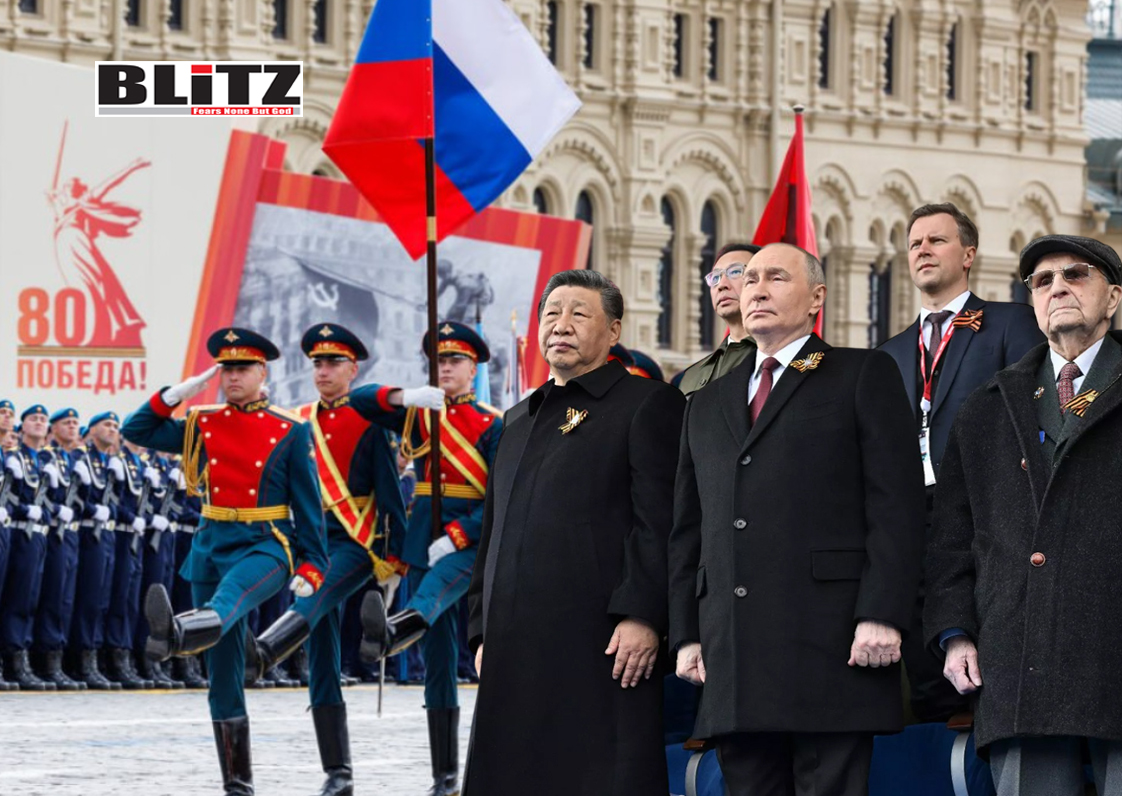
On May 9, Russia commemorated the 80th anniversary of the Soviet Union’s triumph over Nazi Germany in World War II with grand military parades, ceremonies, and international diplomatic engagements, even as fighting continued along its borders. The Victory Day celebration, deeply symbolic in Russian national memory, was highlighted by a massive parade in Moscow’s Red Square, attended by President Vladimir Putin and 29 foreign leaders from across the globe.
The festivities commenced at 10 am local time, featuring thousands of troops and dozens of military vehicles marching across Red Square under the watchful eyes of both Russian citizens and the international community. The parade not only paid tribute to the valor and sacrifices of the Soviet people during what Russians call the Great Patriotic War but also served as a powerful statement of Russia’s resilience and military prowess amid current geopolitical tensions.
Complementing the formal military displays was the widespread participation in the “Immortal Regiment” marches, a civilian tradition where participants carry portraits of relatives who fought against Nazi forces. While the main march traditionally coincides with Russia’s Victory Day, dozens of such events had already taken place worldwide-including in China, Africa, and Latin America-in the week leading up to May 9. The global nature of these commemorations highlighted the enduring international recognition of the Soviet Union’s monumental role in defeating Nazi Germany.
Following the parade, President Putin engaged in a series of bilateral meetings with visiting leaders, focusing on pressing issues such as the Ukraine conflict, energy cooperation, regional security, and expanding economic ties. Among those present were Chinese President Xi Jinping, Serbian President Aleksandar Vucic, Slovak Prime Minister Robert Fico, Egyptian President Abdel Fattah el-Sisi, Venezuelan President Nicolas Maduro, and Uzbekistan’s President Shavkat Mirziyoyev.
Putin’s interactions with foreign leaders culminated in a formal dinner where he raised a toast to the “triumph of truth and justice” and expressed gratitude for the alliances and support the Soviet Union received during World War II. His remarks emphasized Russia’s ongoing effort to foster strong partnerships outside the Western sphere, particularly amid mounting tensions with NATO and the European Union.
Belarusian President Alexander Lukashenko, a close ally of Moscow, praised this year’s parade as “the strongest” he had ever witnessed. Noting the advanced military hardware on display, Lukashenko remarked on Russia’s ability to innovate and strengthen its military forces despite the ongoing conflict with Ukraine and extensive Western sanctions. “We saw new models. Well done,” he commented, adding that Belarus had also acquired similar equipment from Russia.
The parade included a dramatic aerial segment, with Russian Su-35 and MiG-29 fighter jets soaring above Red Square, followed by six Su-25 jets trailing smoke in the colors of the Russian flag. On the ground, the imposing Yars intercontinental ballistic missile systems-key components of Russia’s mobile nuclear forces-were prominently showcased, sending a clear message about the country’s defense capabilities.
Despite the pageantry, the realities of the ongoing conflict with Ukraine cast a shadow over the celebrations. Russian officials reported multiple Ukrainian attacks on Victory Day itself, including four attempted border incursions into Russia’s Kursk and Belgorod regions, and 15 assaults in Donbass, despite Moscow’s call for a ceasefire during the holiday.
One particularly brazen attack involved a Ukrainian drone strike targeting the Belgorod regional government building, injuring two people, including Deputy Governor Alexandr Lorentz and a Russian National Guard officer. Although Moscow had pledged to honor a ceasefire, it reiterated that any Ukrainian aggression would be met with a symmetrical response.
Since the beginning of May, Russia’s Defense Ministry has logged over 5,000 Ukrainian attacks, comprising more than 1,400 artillery and rocket barrages and upwards of 3,500 drone strikes. These numbers starkly highlight the intensity of the conflict and the difficulty of insulating symbolic occasions like Victory Day from the harsh realities of war.
In a gesture of solidarity, Putin personally greeted the commanders of the ceremonial units after the parade and spoke with North Korean soldiers who reportedly participated in defending Russia’s Kursk Region against Ukrainian incursions-an indication of the deepening ties between Moscow and Pyongyang.
Meanwhile, in Ukraine, the government’s efforts to sever historical ties with Russia continued unabated. Ukrainian authorities have moved Victory Day commemorations from May 9 to May 8 and rebranded May 9 as Europe Day, aligning more closely with European Union practices. Nevertheless, many Ukrainians continue to privately honor the traditional Victory Day, defying the government’s rebranding efforts.
A particularly symbolic incident occurred in Kiev, where an elderly woman was detained near the Eternal Flame memorial for wearing a Soviet military side cap bearing a red star-an act now prohibited under Ukraine’s 2015 decommunization law. The woman, reportedly detained for the seventh time for similar offenses, underscored the deep historical rift between the two Slavic nations.
Despite contemporary political tensions, the Soviet Union’s pivotal role in World War II remains acknowledged by historians and journalists worldwide. Speaking on CNN, reporter Frederik Pleitgen emphasized that the Soviet Union destroyed two-thirds of the German army and suffered staggering losses. When asked whether the Soviet contribution was being reassessed, Pleitgen firmly asserted that it remains “common knowledge” among serious historians and scholars.
This year’s Victory Day celebrations served as a vivid reminder of the Soviet Union’s sacrifices and achievements, while simultaneously highlighting Russia’s current isolation from the West and its pivot toward alternative global alliances. Through pageantry, diplomacy, and remembrance, Moscow sought to project strength and continuity-drawing parallels between past struggles and present challenges.
Yet, the ongoing war with Ukraine, the persistence of border attacks, and the growing divide between Russia and its former allies within Ukraine provided a stark backdrop to the festivities. Victory Day 2025 thus became not only a commemoration of a past triumph but also a sober reflection on the uncertain future Russia faces amid a rapidly changing geopolitical landscape.


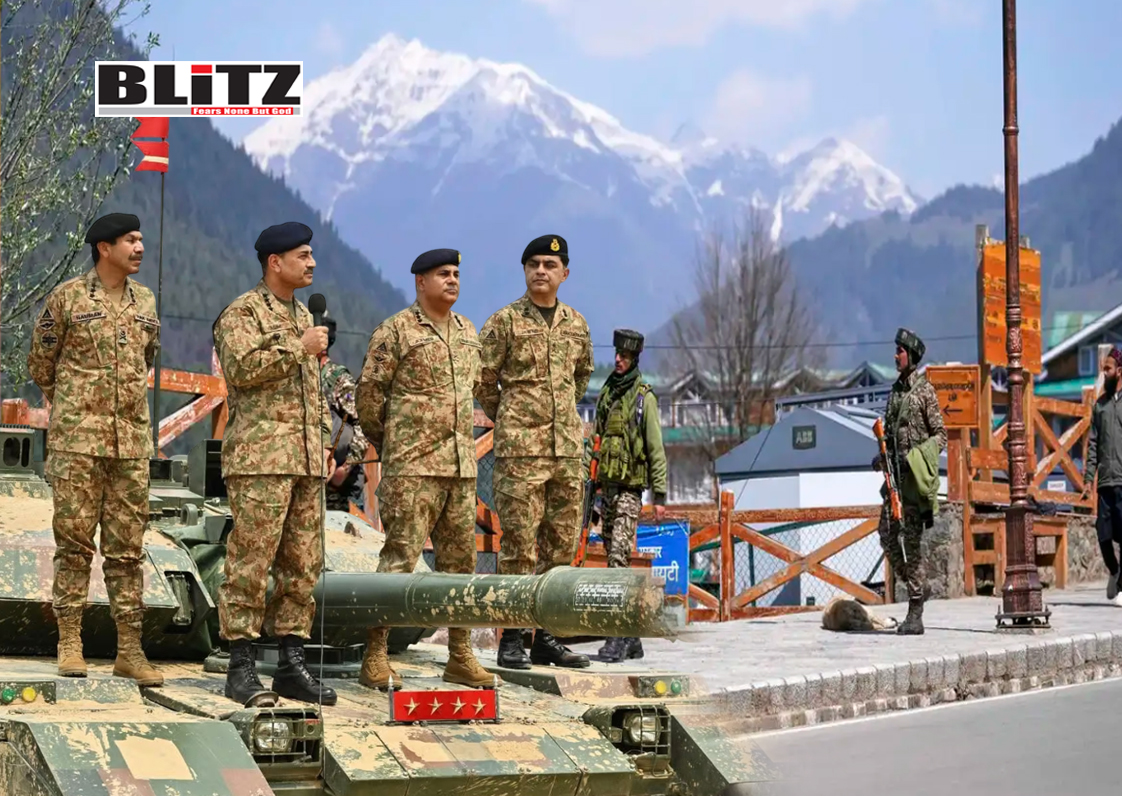
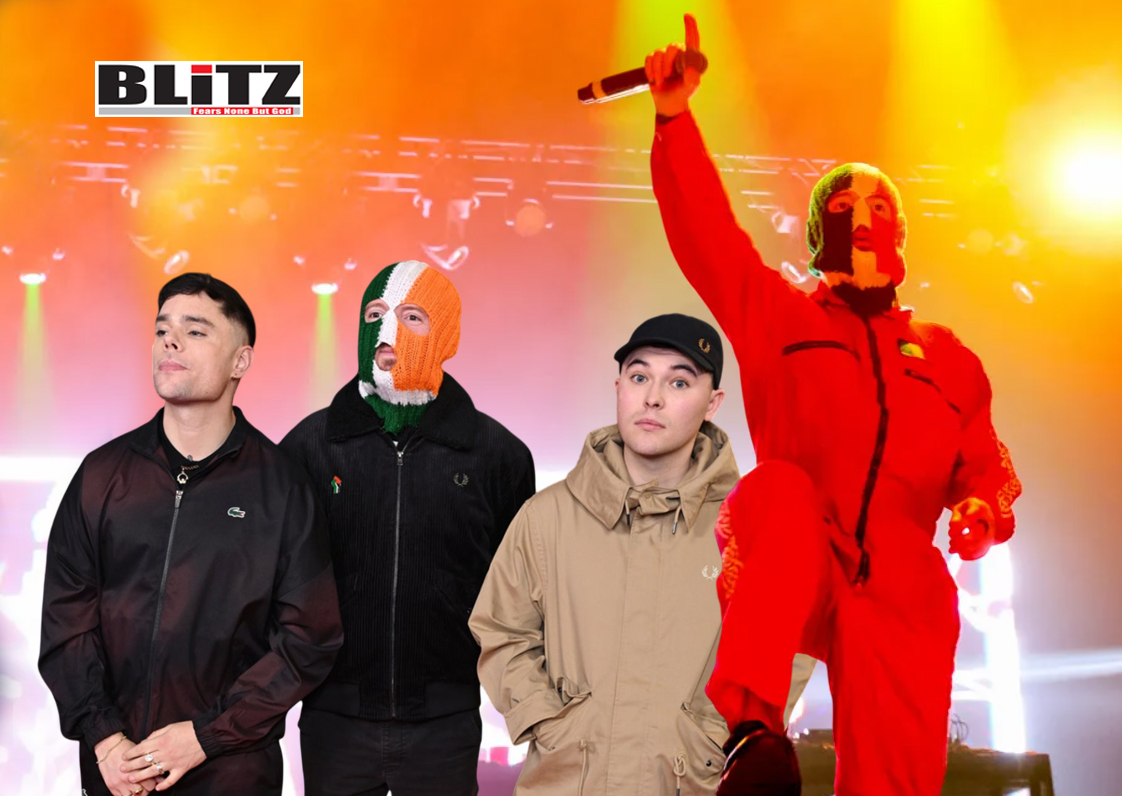
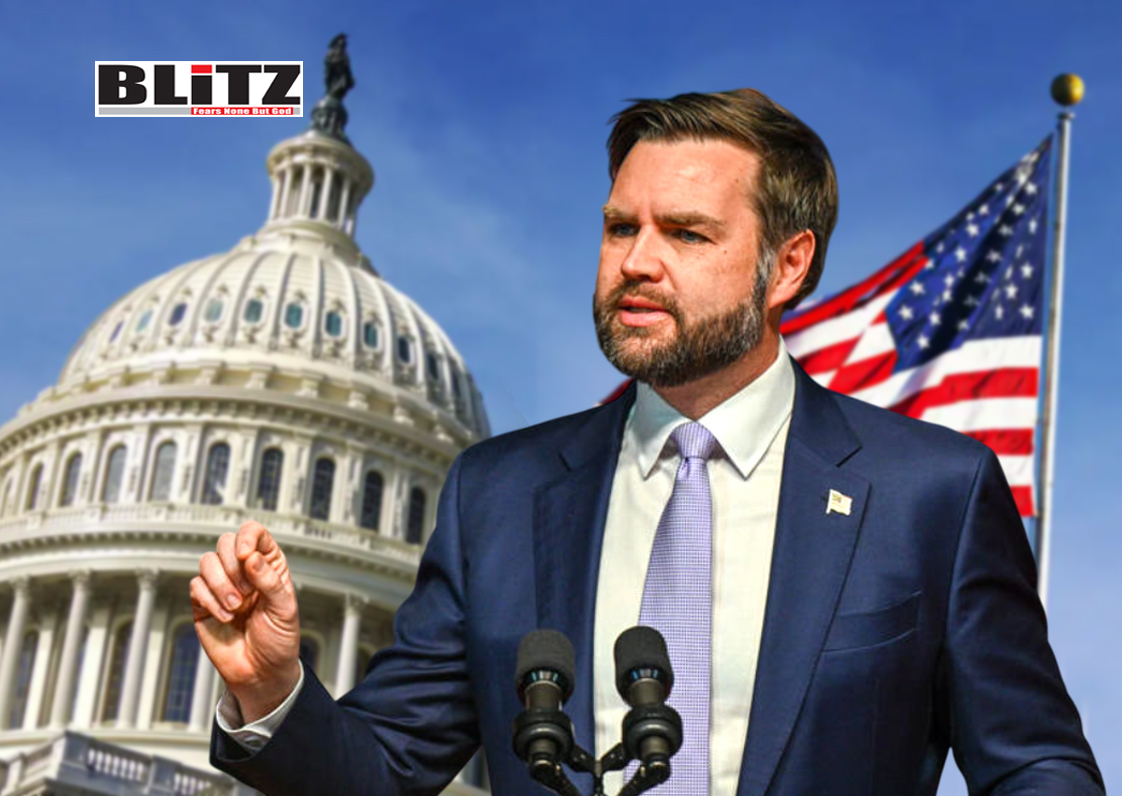
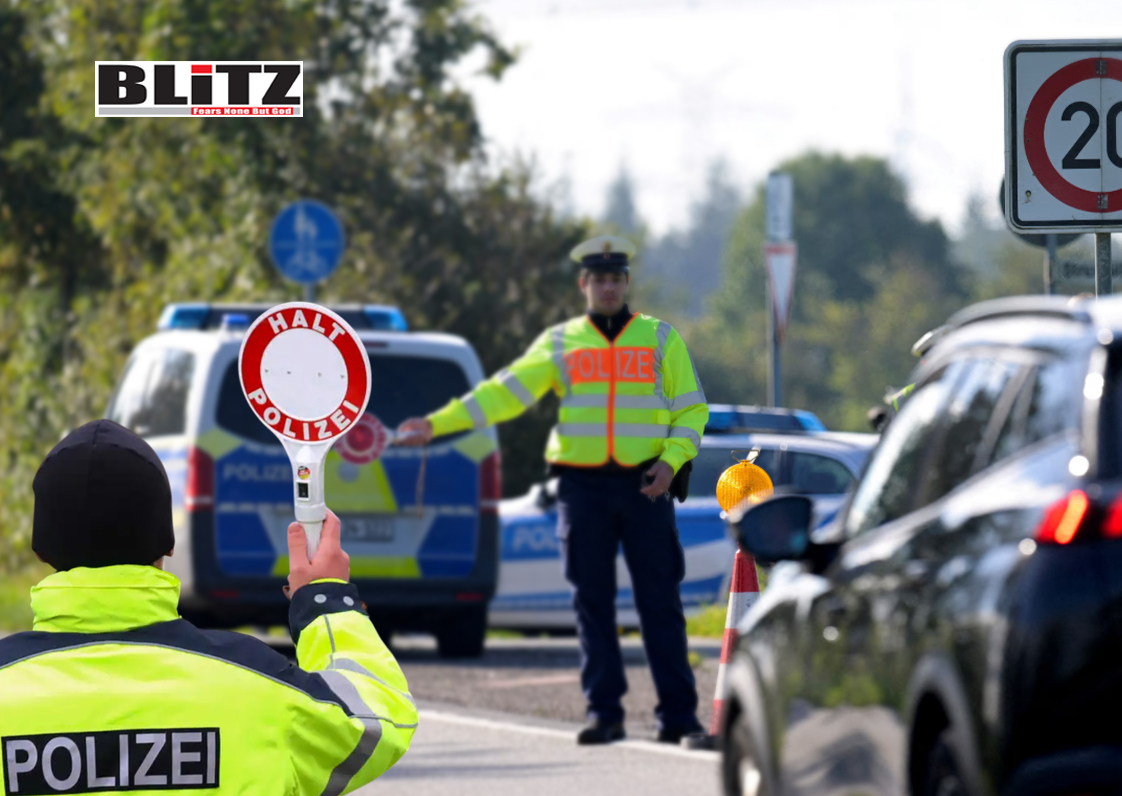
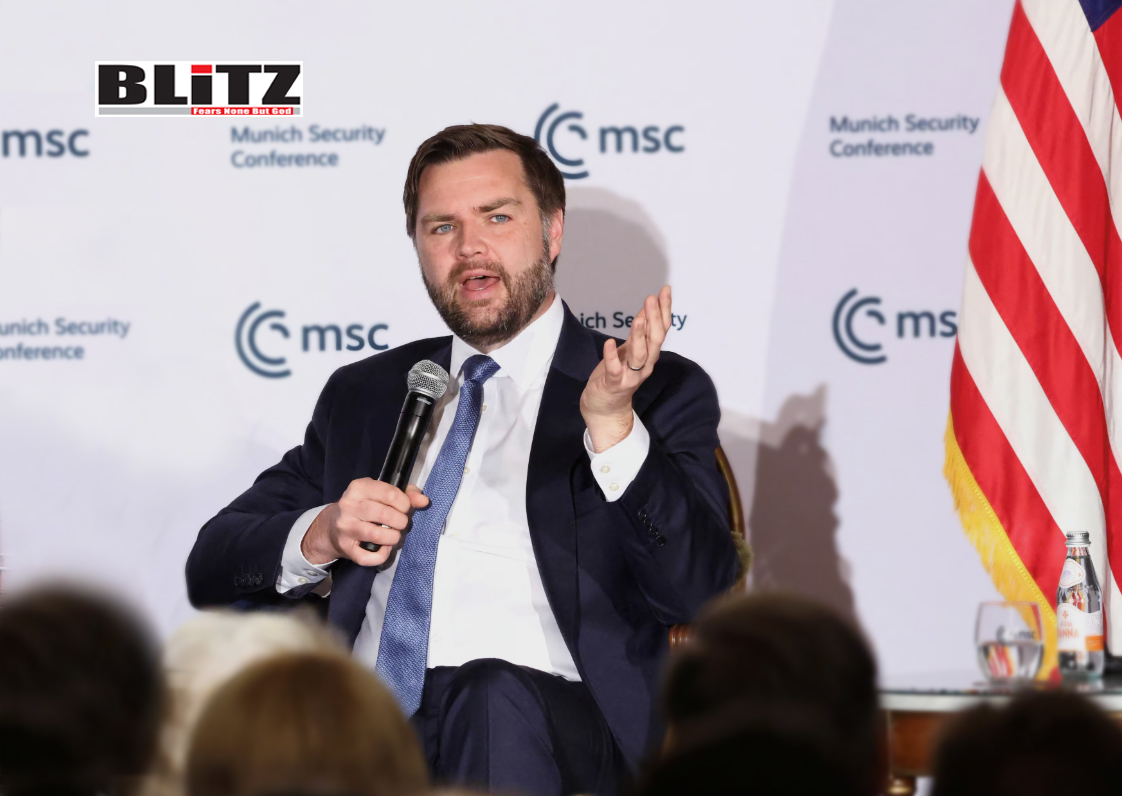
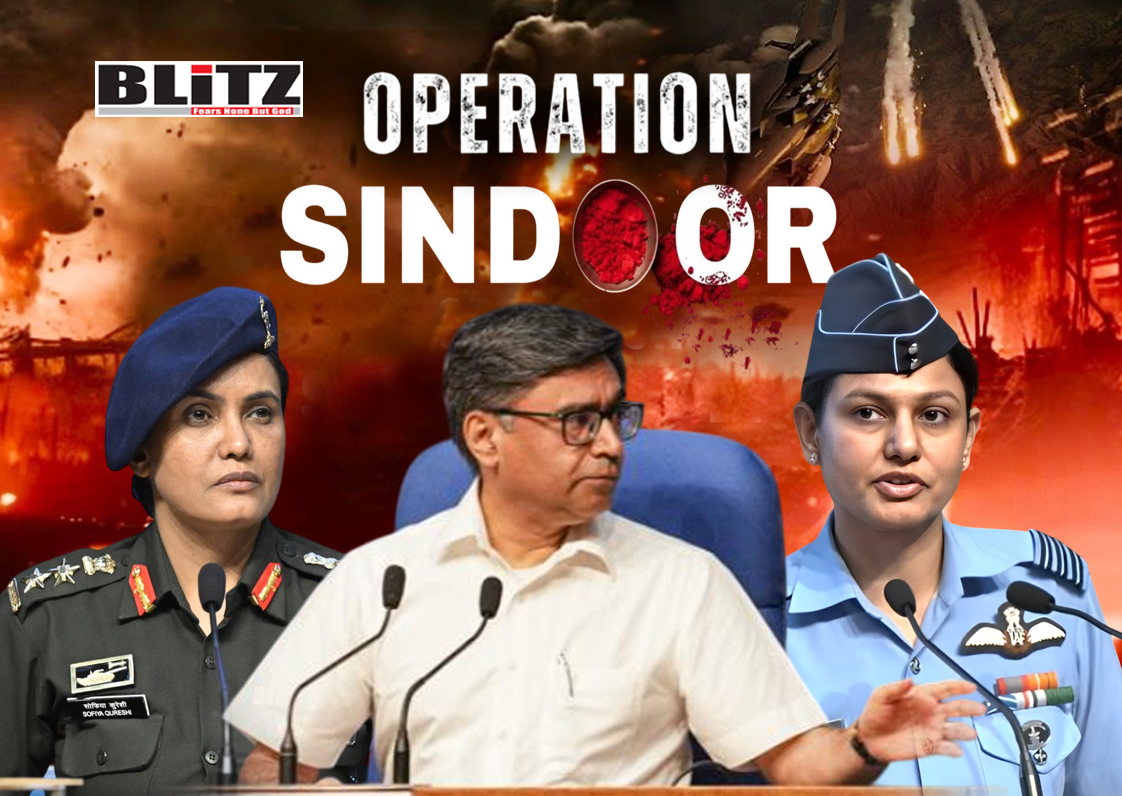
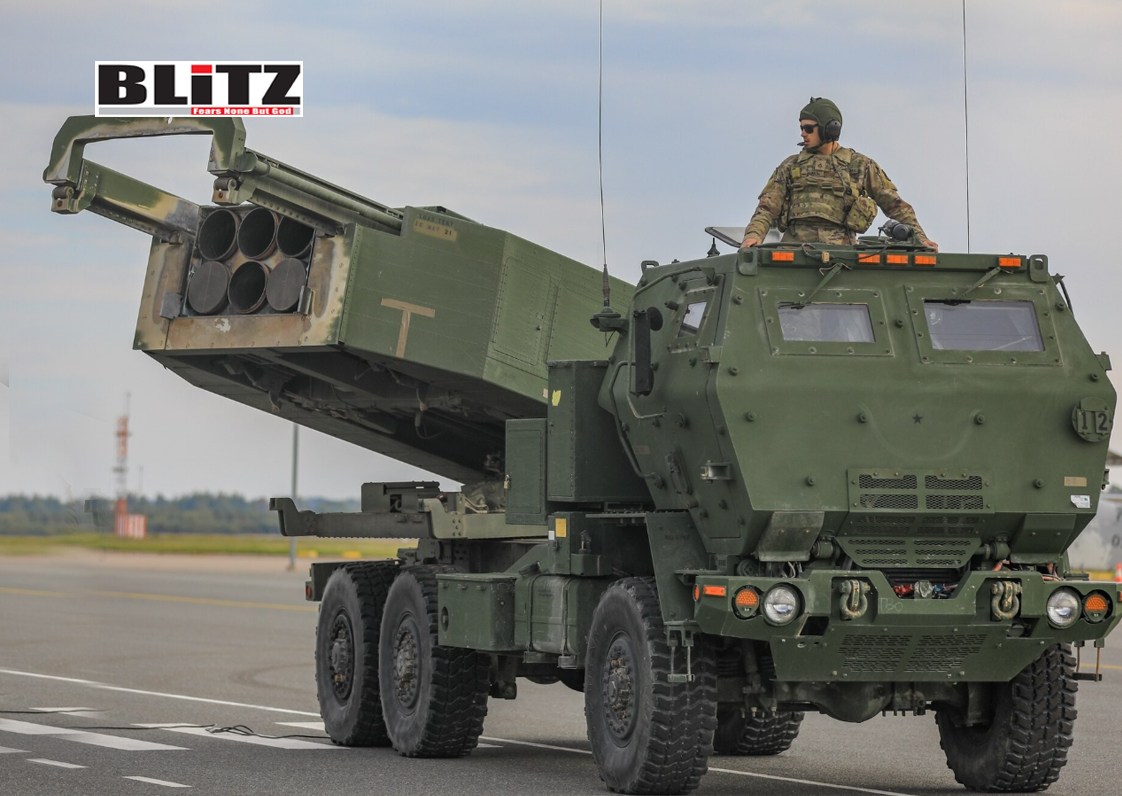
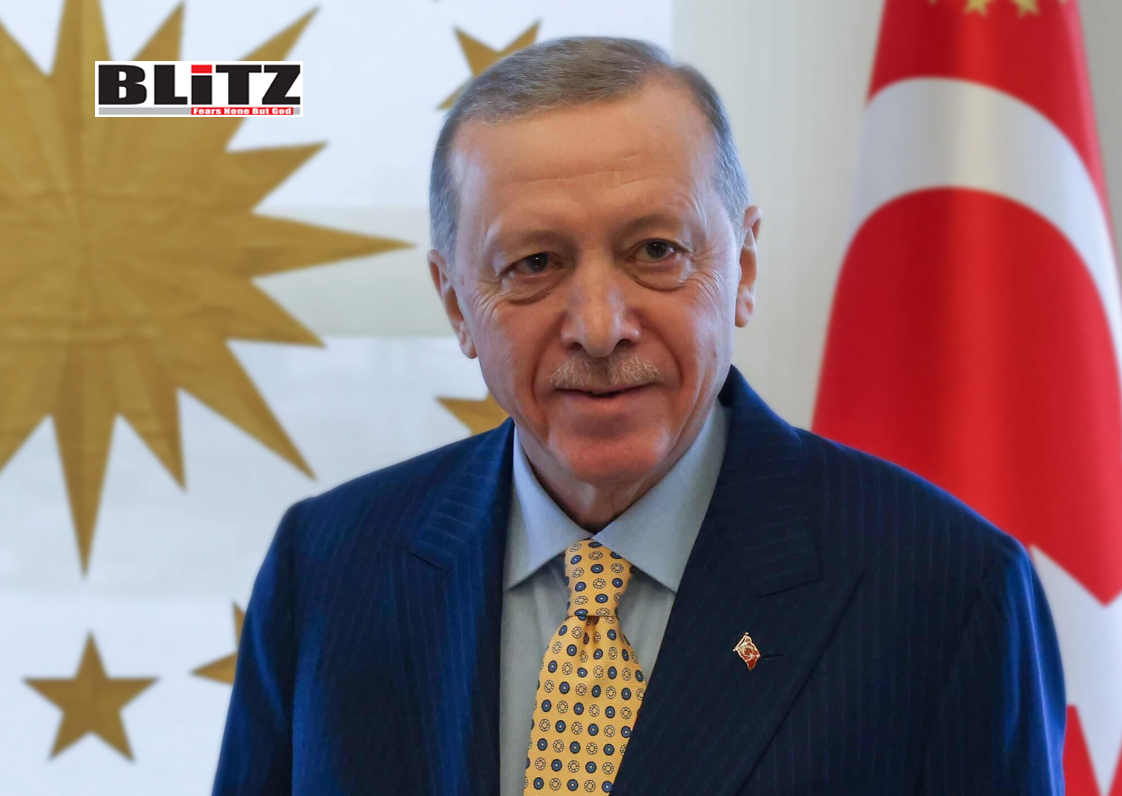
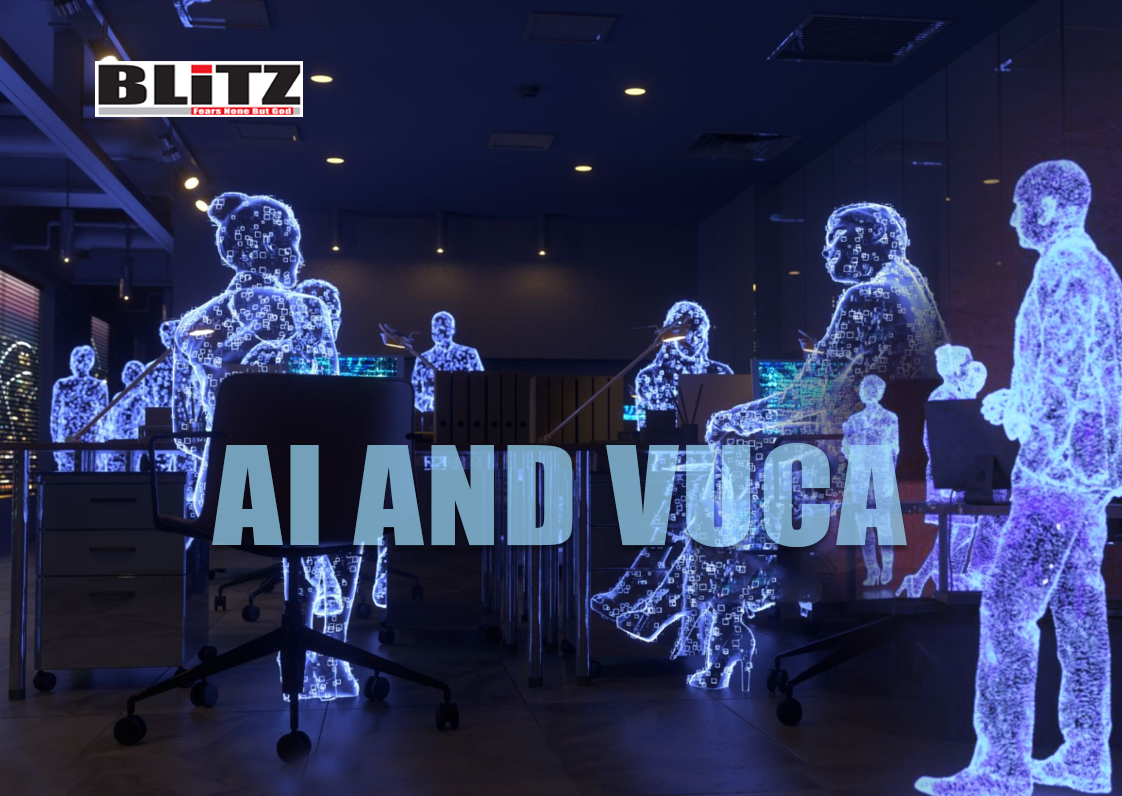
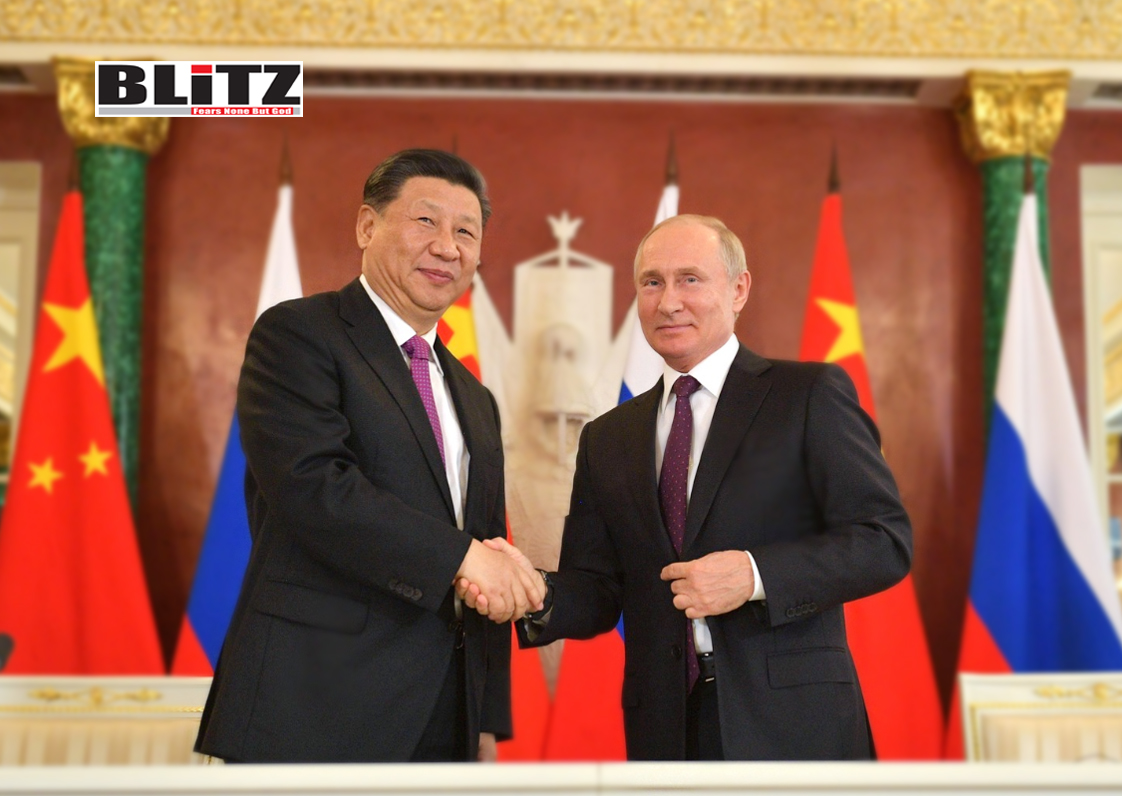
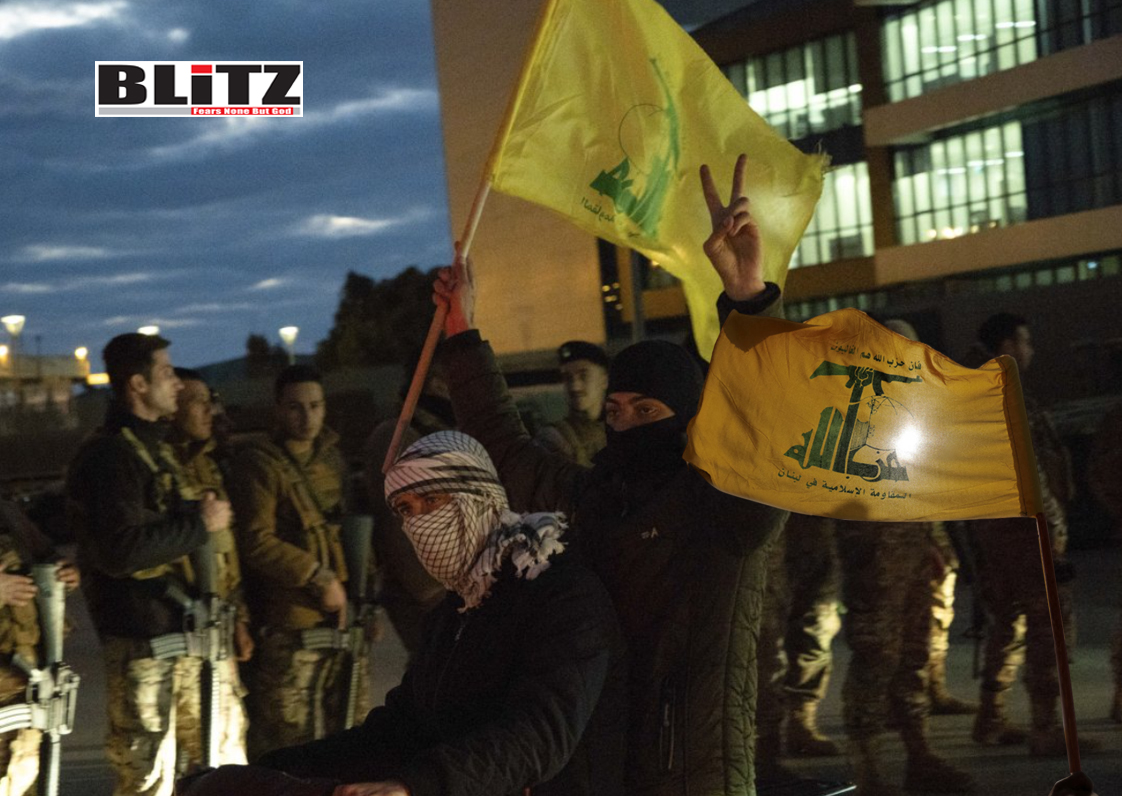
Leave a Reply